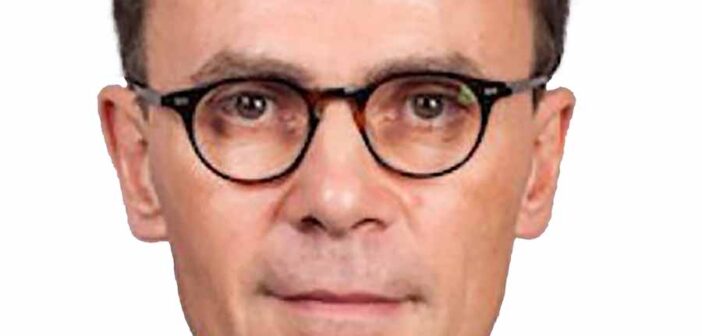
Air traffic strikes in France on 18 September resulted in widespread delays but avoided major cancellations across the aviation sector.
The SNCTA union postponed a planned walkout, leading to reduced participation in the strikes, with most flights maintained.
SNCTA had originally planned a 24-hour walkout on 18 and 19 September but postponed it indefinitely due to the recent collapse of the French government under former Prime Minister François Bayrou. Instead, the union has signalled a potential three-day strike from 7 to 9 October, which could bring far greater turmoil to Europe’s busiest airspace.
Outgoing Transport Minister Philippe Tabarot had predicted that air traffic would remain “almost normal” on 18 September, a forecast that largely held true as only about a hundred controllers from affiliated groups like the CGT and UNSA-ICNA participated in the stoppage.
The French Civil Aviation Authority (DGAC) implemented contingency measures, including reduced capacity in southern regions such as Marseille and Nice, where delays were most pronounced. Major airports like Paris Charles de Gaulle and Orly operated close to schedule, with the DGAC confirming that all scheduled flights were maintained, albeit with some localised bottlenecks.
Impact on Ryanair
Ryanair said the action disrupted 190 of their flights and 35,000 Ryanair passengers, with 70pc of affected flights being overflights not landing in France and urged EU President Ursula von der Leyen to reform ATC systems to protect overflights during national strikes or resign.
Further strikes planned for 7-9 October 2025 are expected to cause additional cancellations and delays for flights overflying France. The Draghi Report, published in September 2024, outlined the multi-billion-euro cost of ATC inefficiencies, yet no reforms have been implemented. Proposed reforms include mandating full staffing for morning flights and allowing Eurocontrol to manage overflights during strikes.
Other operators, including easyJet and Air France, reported milder disruptions; Air France, urged by unions like FO and CGT to join the protests, saw limited internal strikes among ground staff but no widespread pilot involvement.
Passenegrs at regional hubs in Lyon and Toulouse faced waits of one to two hours, but the the SNCTA’s opt-out meant French airspace – a critical corridor for trans-European flights – avoided the gridlock seen in July’s strikes, which grounded over 200,000 passengers and cost the industry upwards of €100m.
Air traffic controllers, earning an average gross salary of €96,000 annually, argue that outdated tools and overload exacerbate safety risks, pointing to a 10pc increase in incidents in August alone.
Michael O’Leary shared: “Six years as Commission President and she has done nothing to fix the EU’s broken ATC system despite Europe’s airlines handing her simple solutions. If President von ‘Derlayed-Again’ won’t protect overflights during national ATC strikes, then she should step aside and let someone competent do the job.”




